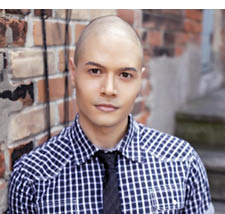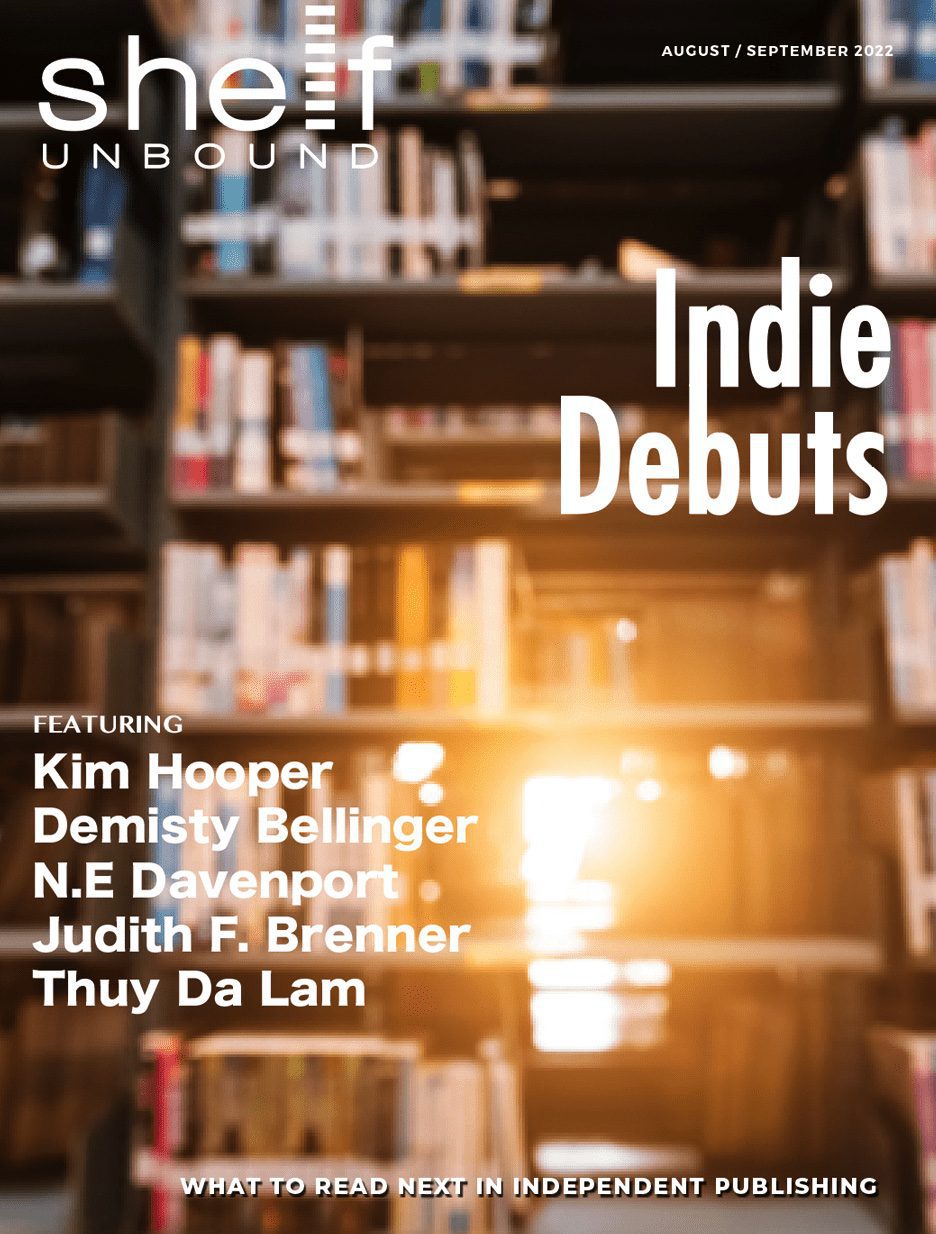By Christian Adrian Brown
“I wanted a perfect ending. Now I’ve learned, the hard way, that some poems don’t rhyme, and some stories don’t have a clear beginning, middle, and end. Life is about not knowing, having to change, taking the moment and making the best of it without knowing what’s going to happen next. Delicious Ambiguity.”
–Gilda Radner
Gilda’s mindset mirrors mine. When I was young and idealistic, I had a “perfect” vision of my life, successes, and accomplishments. But unfortunately, adulthood served as a painful lesson for me and many as a contrast between fantasy and actualization. We can’t have everything we want, do everything we want to do and be everything we dream of being; our finite time won’t allow that. So, early on, we’re forced to make decisions that grant or deny us access to opportunities. There’s no rewind button, no going back or “doing better” unless that “betterment” comes from future decisions. I believe that’s part of what our society grapples with: how to lead meaningful and fulfilling lives while reconciling wants with needs in a world rife with desire.
Look around, and all you see are red, burning flags. Our economies have imploded, and food and energy are in scarce supply. Our politicians appear detached, at best, and involved in Machiavellian oversight, at worst. It is difficult to know who you can trust, what you can say or even what information you receive that wasn’t twisted to suit another’s agenda. We have become paranoid, fearful and constantly anxious. We are a society riddled with mental health issues and without the resources to combat that new, barely acknowledged pandemic.
We’re not without hope in our existential struggle for meaning, and here is where books guide us. But first, we have to understand the nature of our struggle, and one of the best modern books I’ve read to help us define ourselves, our needs and our world was Existentialism: A Reconstruction. Without the florid ramblings often seen in older texts, Existentialism cuts right to the bone of the school of thought. The book helps you understand, spatially and psychologically, how you see and connect with the world and attempts to define the many complex relationships therein.
Perhaps after your soul-searching, you’ll find that you’re not an existentialist but a spiritualist: a person who doesn’t need to unravel their environment or thoughts but can exist on blind and hopeful faith.
The critical part of this exercise is the deep pondering of yourself, your meekness or greatness, your humanity and your flaws. We cannot know, interact and heal ourselves, society or the world without first knowing ourselves and being confident in our actions. Do not be another idolater or charlatan preaching virtue and false hope, polluting Instagram with your inanities. Instead, discover what makes you human and what you can do to enrich this world, even if that only amounts to improving the lives of your loved ones and family. Love them like no other, and that kindness, compassion and true understanding will grow roots and spread.
I realize I’ve waxed philosophical today, but spiritual health is a component of the holy trinity of wellness: mind, body and spirit. We cannot be whole without nourishing all parts. And we cannot expect the world to be perfect without first doing the hard, critical and gruelling work on our minds and attitudes.
I wish you the best in that journey.
—C
Fit Lit
Body, Mind and Quill

About the Columnist
Quadragenarian fitness model, lifestyle coach and bestselling author of the critically acclaimed Feast of Fates, Christian A. Brown received a Kirkus star in 2014 for the first novel in his genre-changing Four Feasts till Darkness series. He has appeared on Newstalk 1010, AM640, Daytime Rogers, and Get Bold Today with LeGrande Green. He actively writes and speaks about his mother’s journey with cancer and on gender issues in the media.

Continue Reading…
Article originally Published in the August/September 2022 Issue Indie Debuts.
